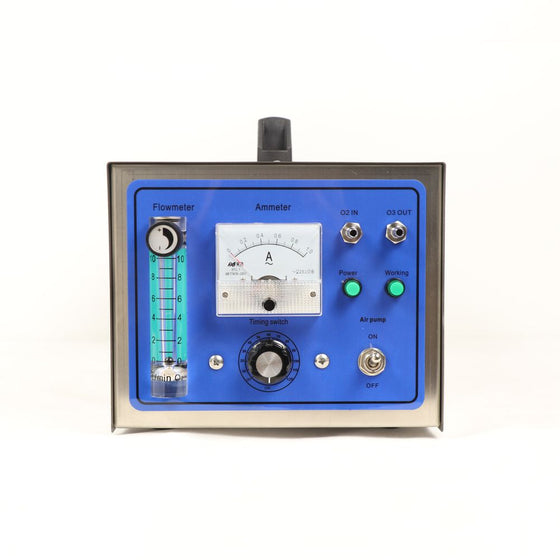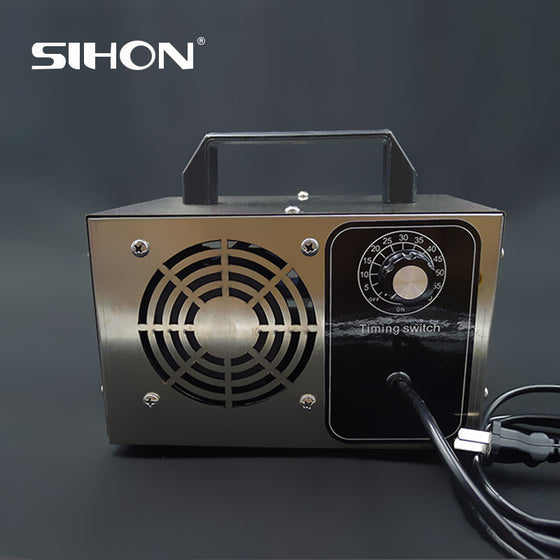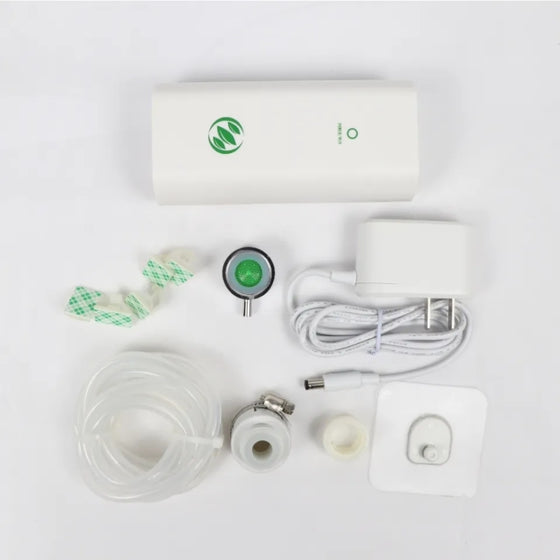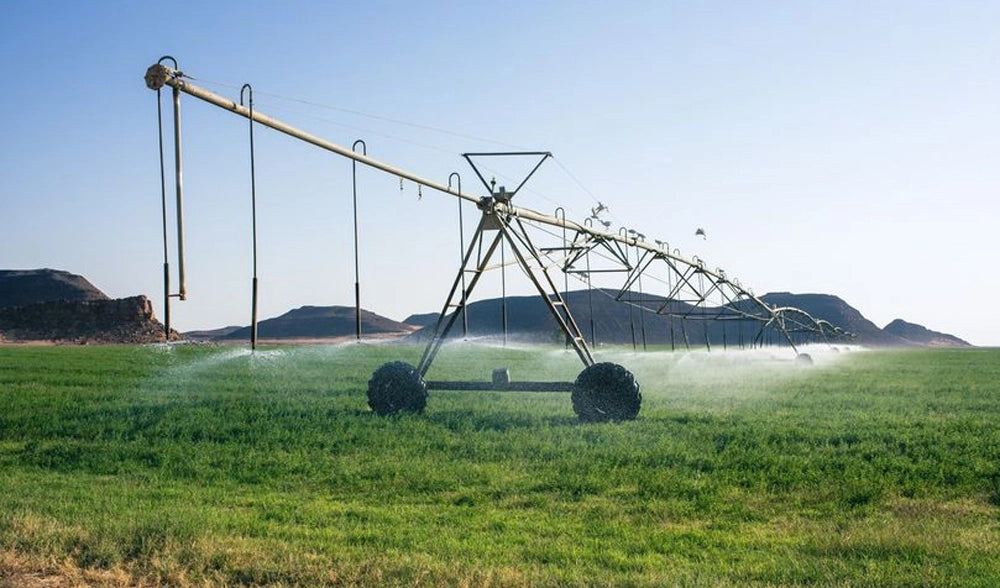Utilizing Ozone Treatment for Enhanced Disinfection of Natural Agriculture Water

The requirements for water in natural agriculture are crucial for maintaining the integrity of any project. Did you know that ozone treatment plays a pivotal role in achieving outstanding results in organic farming, entirely free from chemicals, fostering a 100% natural agricultural environment?
In agriculture, the careful management of chemical contamination is just as critical as tackling potential pest infestations. Ozone treatment emerges as an excellent solution for water treatment in agriculture, providing a chemical-free approach.
How Does It Work?
But how does ozone treatment exert such a significant impact on agriculture? Let's delve into the workings of this solution.
The production of top-tier vegetables necessitates ample quantities of high-quality water. With increasing urbanization in agricultural regions, the demand for water is rising while its quality and availability are diminishing. This necessitates the agricultural industry's preservation of existing and future water resources.
Recycled contaminated water often finds its way onto sensitive plants or areas where growth regulators weren't intended, causing unintended consequences downstream. Ozone treatment, unlike chlorine, is non-toxic, doesn't generate disinfection byproducts (DBPs), and reverts safely to oxygen after eliminating pathogens when dissolved in water.
With a surge in plant pathogens developing resistance to traditional fungicides and adverse effects witnessed on plants from chemical applications, ozone treatment emerges as an essential consideration to reduce plant pathogens in recirculated irrigation water. This fosters a natural approach to agriculture.
Efforts to achieve 100% natural agriculture involve optimizing the ozone treatment process for efficiency and profitability. Factors like water quality, volume to be treated, and physical terrain characteristics need careful consideration.
Applications
Applications of ozone treatment in agriculture are gaining traction as farmers recognize its benefits. They're utilizing ozone treatment to disinfect water—both recycled and fresh—to ensure the promotion of natural agricultural practices.
Stringent water policies are encouraging farmers to seek modern treatment alternatives with minimal environmental impact. Traditional use of plant growth regulators in agriculture to control plant growth and increase yield poses the risk of contaminating irrigation water. Ozonated water finds various applications in natural agriculture:
● Irrigation to eradicate bacteria and microorganisms detrimental to plant growth from germination onwards, combating molds, root rot, and fungi.
● Soil pretreatment (sterilization) before planting.
● Soil pot immersion in ozonated water for cutting disinfection.
● Water treatment for irrigation to eliminate algae, heavy metals, and related bacteria found in artificial basins, ensuring maximum water reuse.
● Greenhouse spraying to curb insects and pests.
● Washing fruits and vegetables, enhancing hygiene, freshness, and post-harvest shelf life.
Irrigating crops with ozonated water offers numerous benefits:
● Protection against diseases without leaving harmful residues, dissolving into oxygen.
● Enhanced plant growth due to the oxygen-rich, microorganism-free irrigation, resulting in better crop yield in less time, leading to substantial water and fertilizer savings.
● Improved appearance and flavor of plants.
● Cost reduction through on-site production, minimal maintenance costs, and significant reductions in fertilizers and pesticides.
Benefits

Ozone, a naturally occurring gas used as a sanitizing agent, has gained prominence for killing microorganisms in water.
Ozonated water's proven success in greenhouses, open field cultivations, and beyond, without the use of chemical products, highlights its benefits in natural agriculture:
● Easy production from air or oxygen.
● Higher solubility in water compared to oxygen.
● Efficient control of pathogens without leaving residues harmful to plants.
● Lack of toxic compound production or introduction of foreign matter.
● Reactivity with organic and inorganic compounds, reducing COD, color, odor, and turbidity.
● Decomposition into oxygen without leaving residues.
● Promotion of plant recovery and prevention of pathogen growth.
● Elimination of soil contaminants such as VOCs, pesticides, hydrocarbons, among others.
● Plant nutrient safety.
● Environmentally friendly and natural, preserving biological product properties.
The spread of pests in agricultural fields leading to various diseases and plant loss can be addressed through solutions in the following.
Solutions
● Spraying plants with ozonized water.
● Using ozonized water for irrigation.
● Disinfecting spaces using ozone gas.
Quality soil and proper drainage are essential to avoid these problems. Ozonated water not only oxygenates the soil but also eliminates harmful microorganisms, without altering water pH value. This strategic use of ozone treatment in agriculture heralds a promising path toward natural, chemical-free farming practices, safeguarding both crops and the environment.
New Arrivals
Leave A Reply
Your email address will not be published. Required fields are marked *






